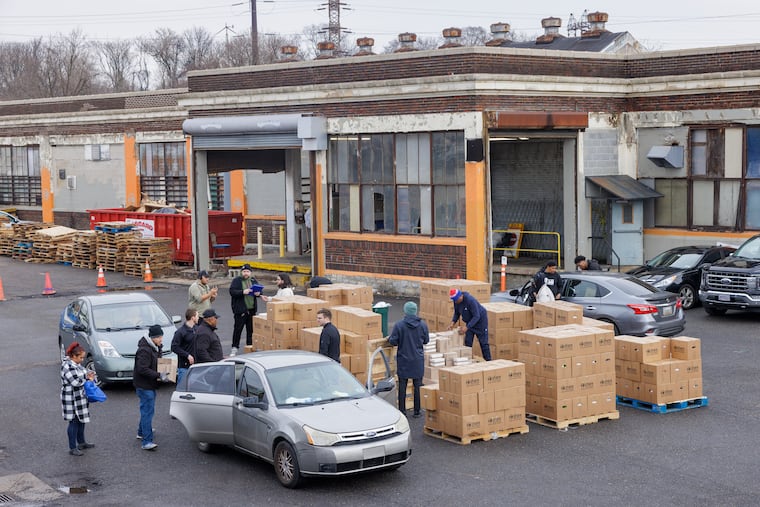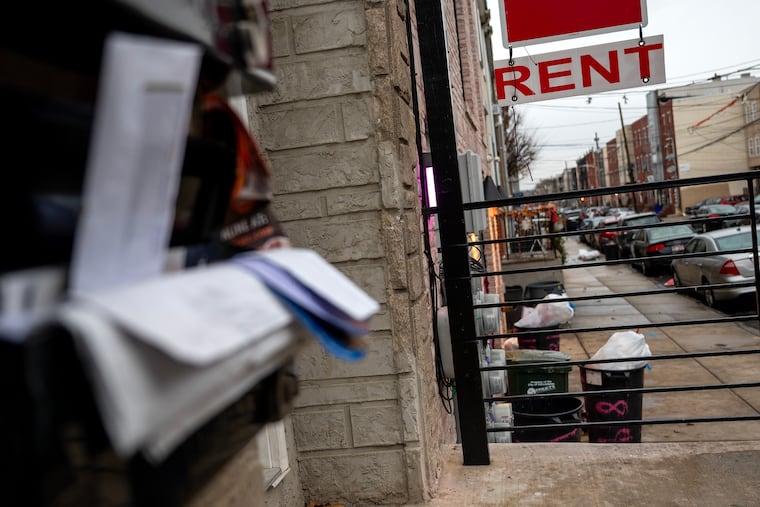Trump plans to eliminate food box program for low-income seniors, impacting thousands of residents in Pennsylvania, according to advocates.
President Donald Trump’s proposed federal budget suggests significant changes to nutrition assistance programs, notably the elimination of the Commodity Supplemental Food Program (CSFP). This initiative has been a crucial resource for low-income senior citizens across Pennsylvania and the nation for over five decades, providing nutritious food boxes designed to meet the dietary needs of individuals aged 60 and older.
Stuart Haniff, the executive director of Hunger-Free Pennsylvania, has voiced concerns about the potential impact of this proposal. He asserts that the discontinuation of the CSFP would materially affect vulnerable seniors, particularly given rising food prices and ongoing discussions in Congress about cuts to the Supplemental Nutrition Assistance Program (SNAP). The senior food box program, which operates on an annual budget of million, currently supports approximately 38,000 individuals in the state.
Specific organizations are at the forefront of these distribution efforts, with the Share Food Program in North Philadelphia serving 7,189 seniors, while Philabundance caters to 2,744 individuals. Each box consists of roughly 32 pounds of shelf-stable foods, such as beans, rice, and pasta, distributed on a monthly basis.
In lieu of the CSFP, the White House plans to introduce a new initiative called the Make America Healthy Again (MAHA) food boxes, aimed at providing fresh produce and other commodities sourced directly from farmers. However, critics have raised concerns regarding the viability and effectiveness of this new program. The MAHA initiative reportedly will not utilize the existing infrastructure that has successfully delivered the senior food boxes, potentially complicating distribution logistics. The senior box program’s established network has been vital in ensuring timely and efficient delivery, a system that critics argue could not be easily replicated.
Opposition to the proposed changes is also revealed in the voices of the recipients themselves. Jerome Johnson, a disabled senior citizen in North Philadelphia, expressed his appreciation for the delivery of food boxes, stating that it reassures recipients that they are being considered in a difficult economic climate. He noted that many seniors are fearful of losing this critical support.
Moreover, while the existing program has its advocates, there are criticisms surrounding the nutritional content of the boxes, particularly concerning high sodium levels in canned goods. Experts argue that while a fresh produce-based diet would be ideal, the practicality of cooking with fresh vegetables often presents challenges for low-income seniors.
The potential shift towards the MAHA food boxes draws upon past experiences from Trump’s previous administration, which faced scrutiny for a similar food distribution program that was plagued by mismanagement and inadequately serving its intended goals. With such a track record, many are cautiously optimistic about the new initiative.
The fate of the CSFP remains uncertain as it faces potential funding cuts, a situation that underscores the ongoing debate over nutrition assistance and the support for America’s aging population. The implications of these policy decisions will resonate widely, highlighting the need for effective and compassionate solutions to food insecurity among vulnerable communities.
Media News Source







